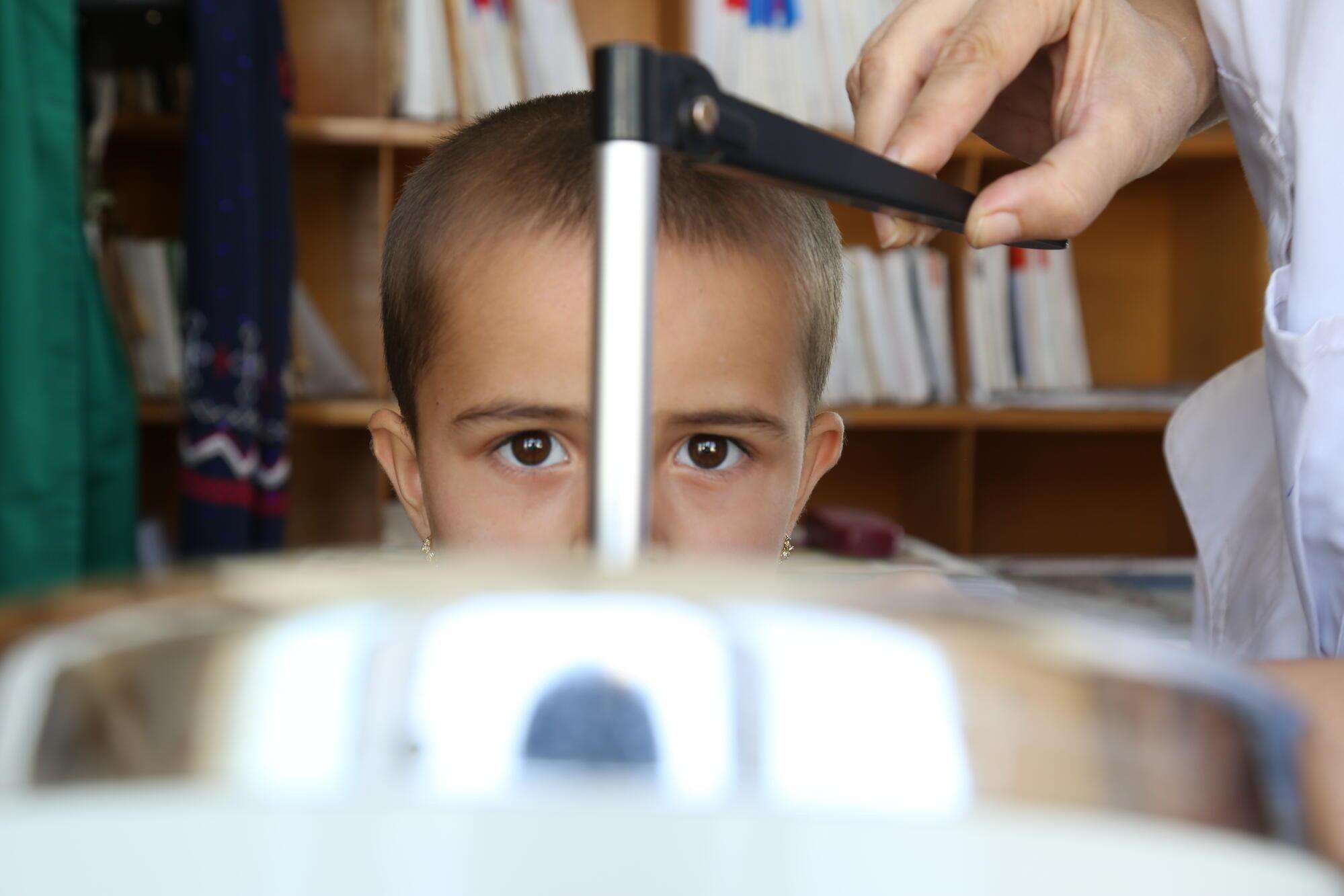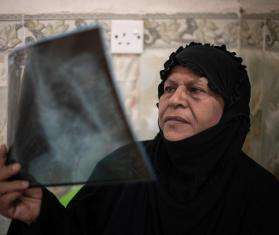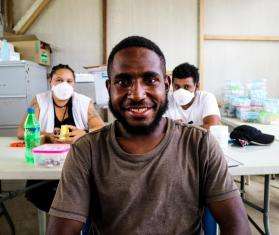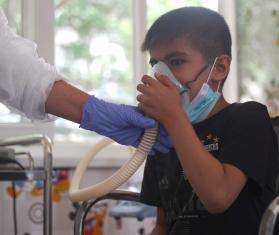In Kulob district, we continued the 'Zero TB' project, which is designed to demonstrate the feasibility of eliminating TB in geographically contained areas with appropriate case management and preventive strategies. To facilitate case finding, MSF introduced computer-aided detection through digital X-ray. In Dushanbe, Vahdat and Norek districts, our teams provide TB screening and diagnosis for both detainees and staff in prison colonies and a pre-trial detention center.
MSF also actively supports the national TB program and the Ministry of Health and Social Protection of Population to implement shorter, all-oral treatment regimens for both drug-resistant and drug-sensitive TB, in line with the latest recommendations by the World Health Organization.
An international TB symposium, jointly hosted by the ministry and MSF, convened in Dushanbe in May 2023, with the aim of devising novel approaches to treatment and advocating a wider roll-out of new drugs and diagnostic tools. More than 160 participants from various countries in Eastern Europe and Central Asia, as well as India and Libya, attended the symposium.








